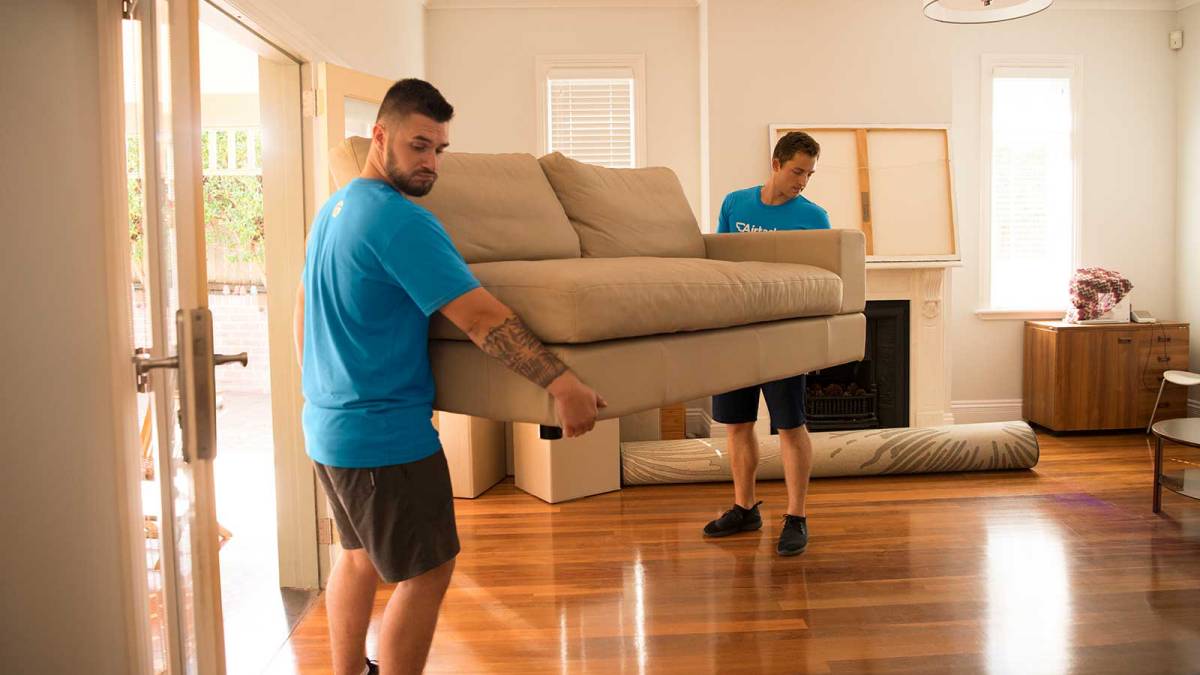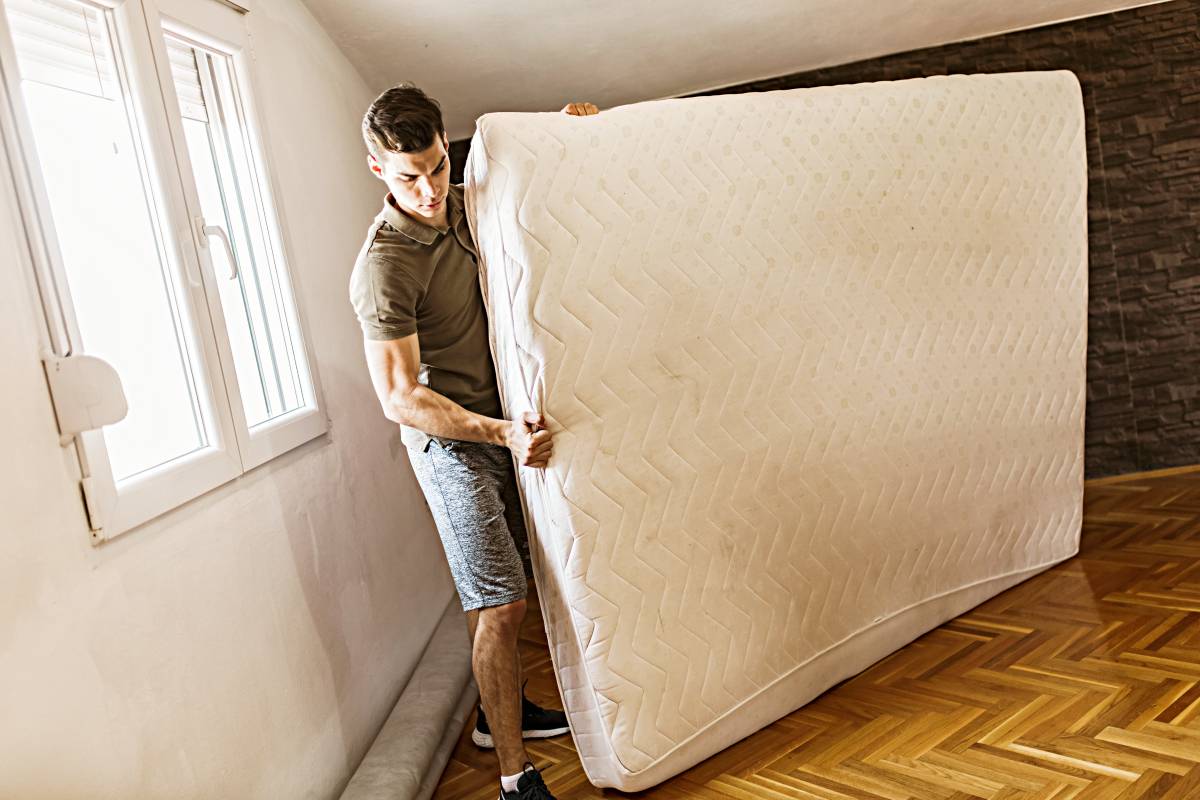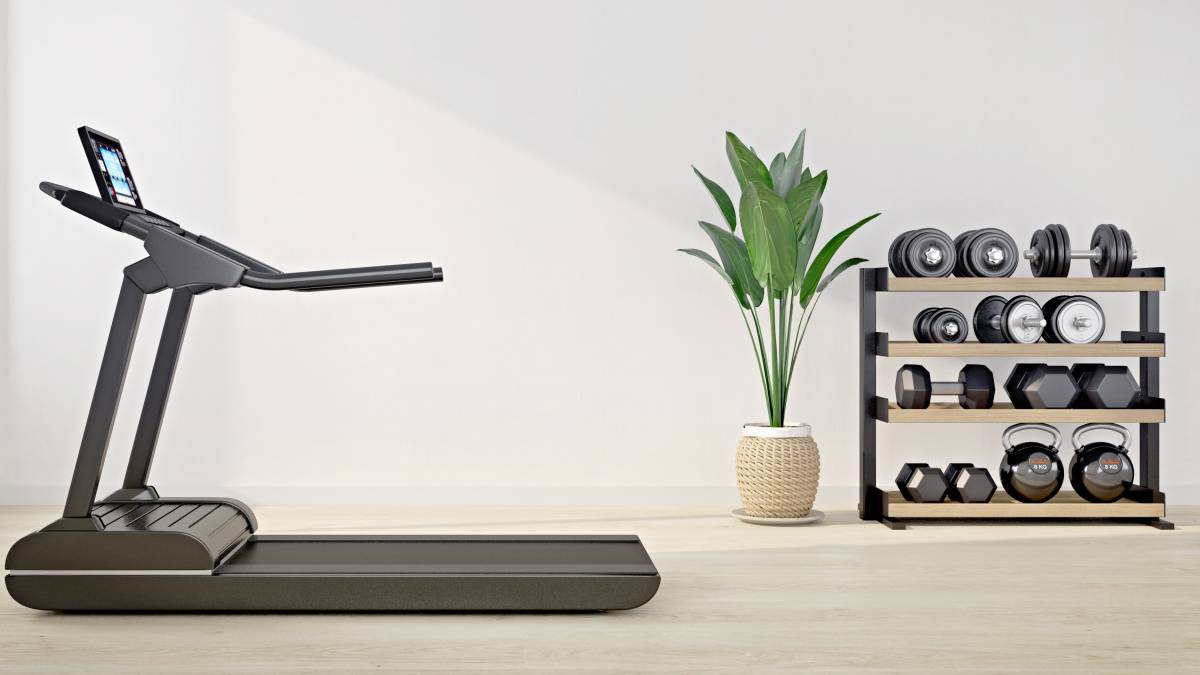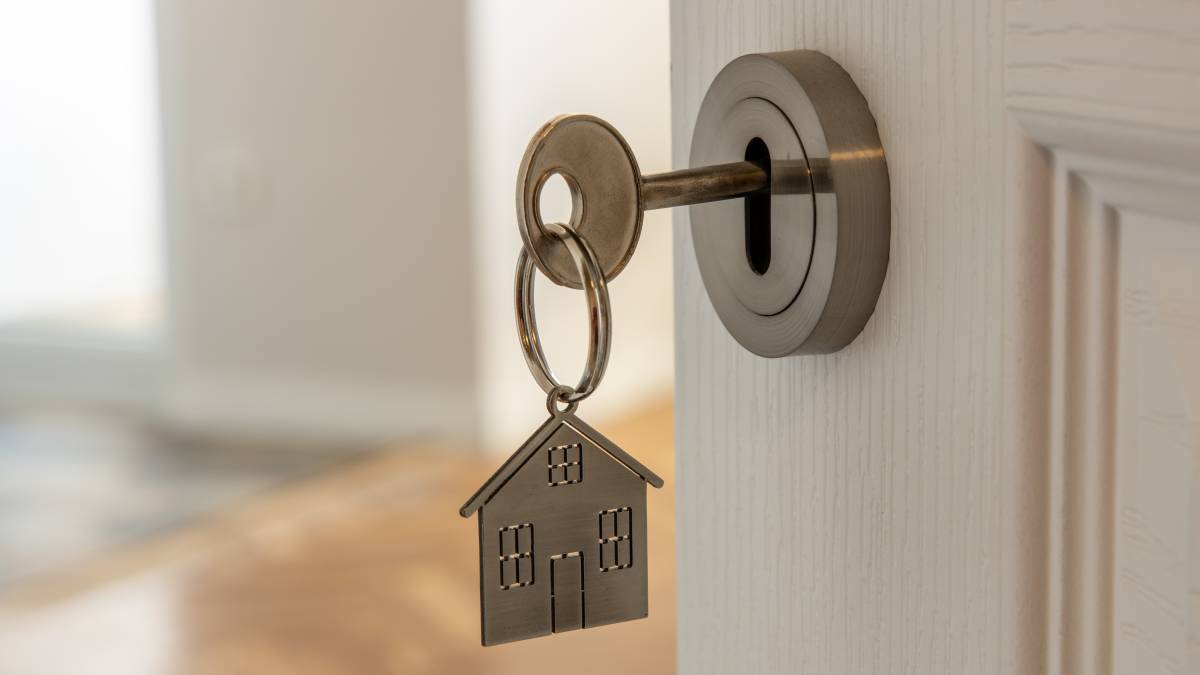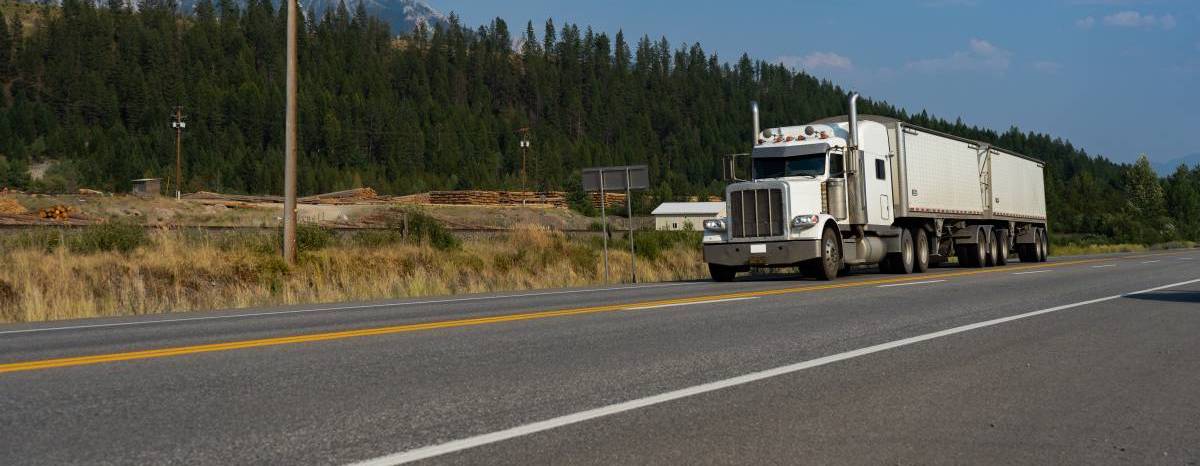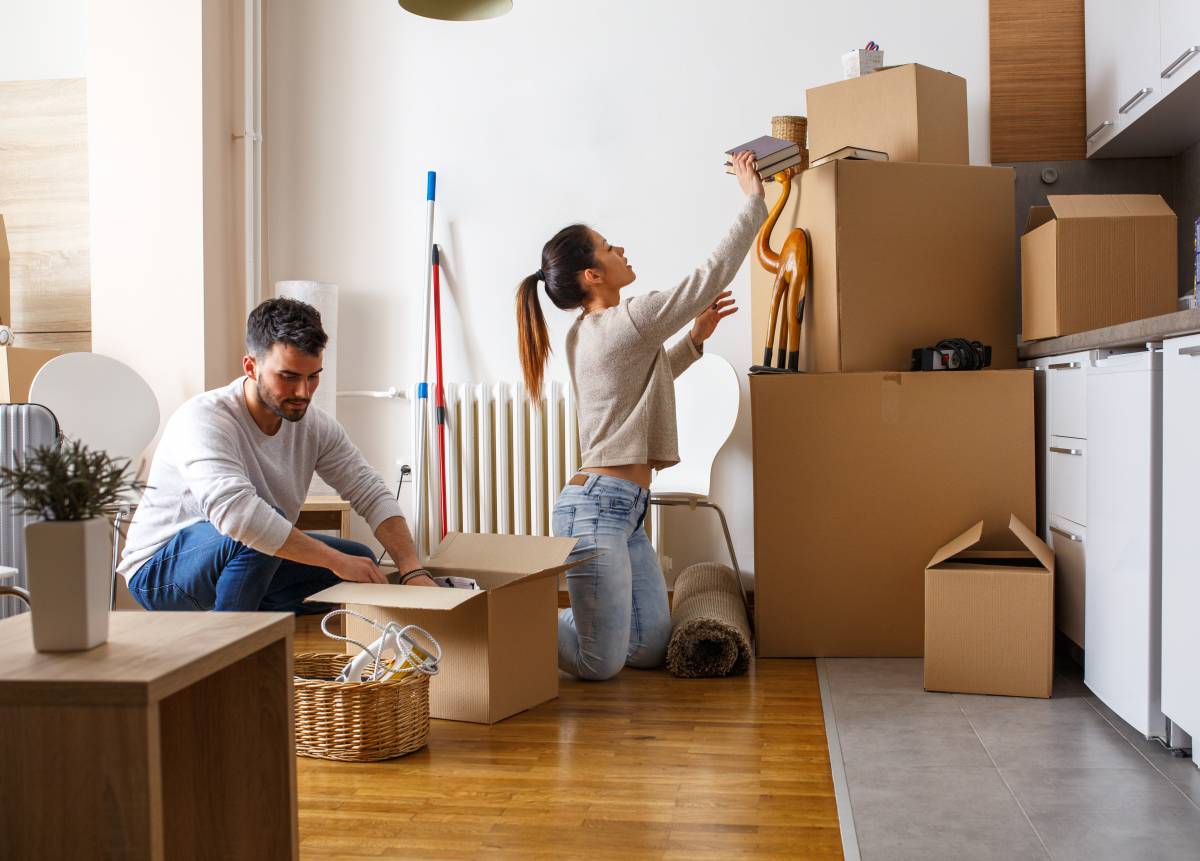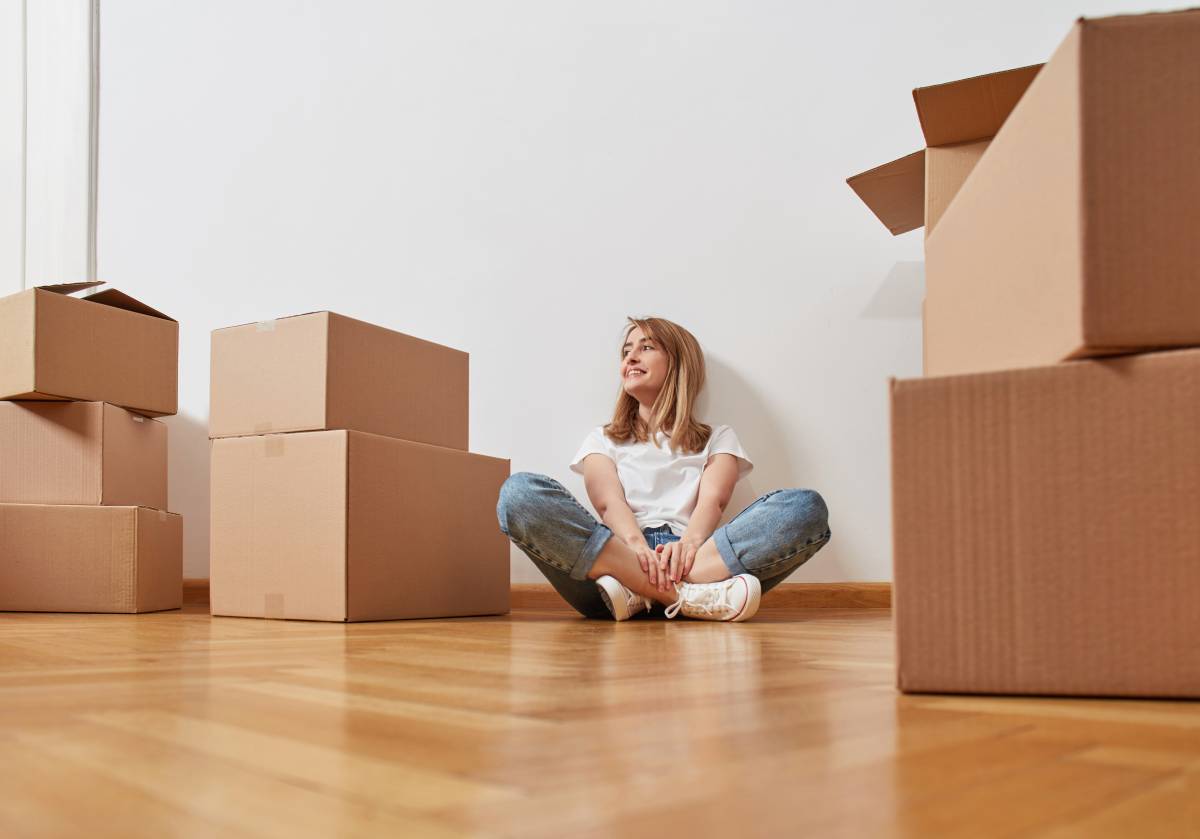- Home/
- Costs/
- Moving Help/
- Moving Cost Guide
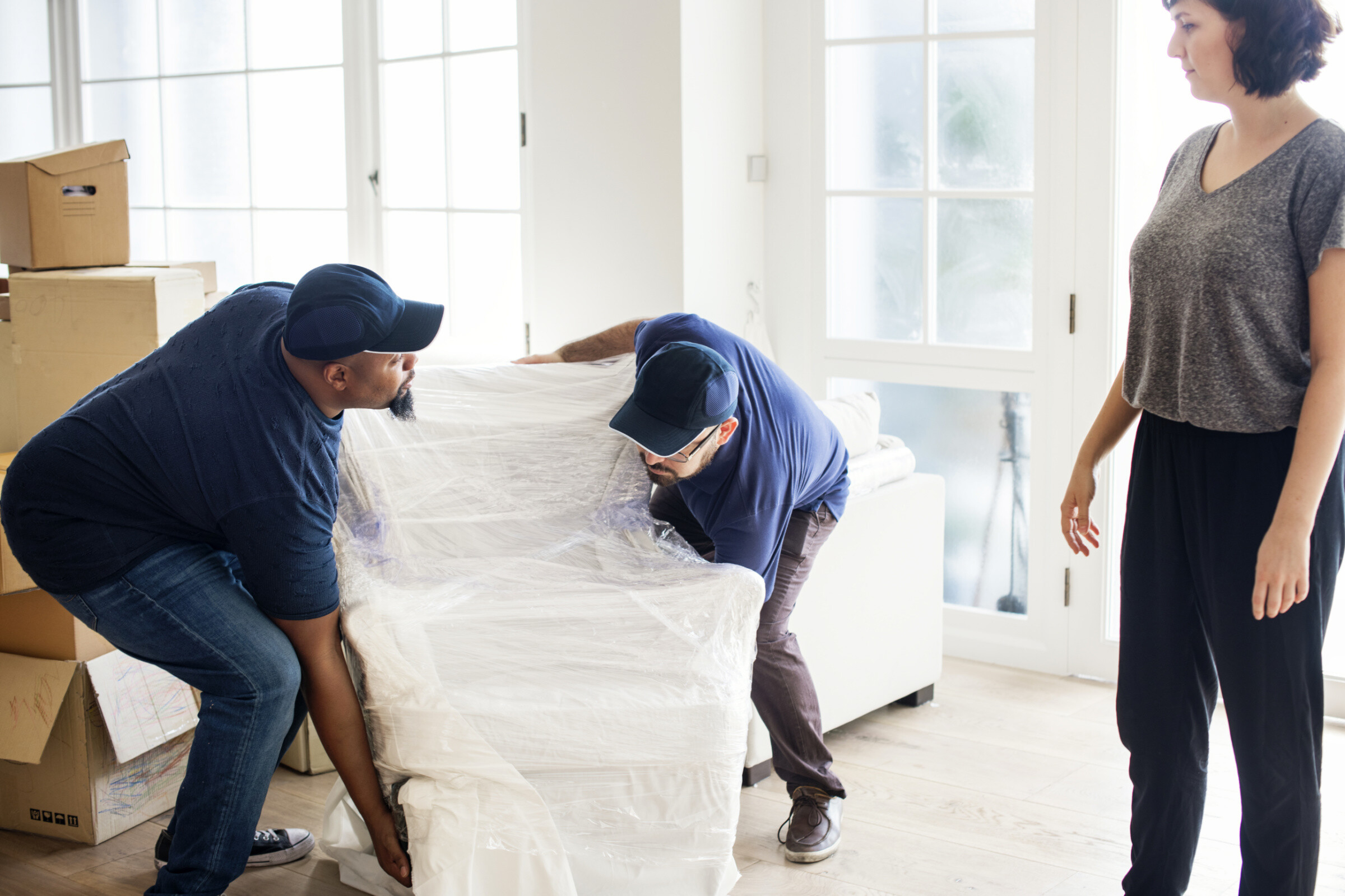
How much does it cost to move house?
Get a free quote nowPost to find a price. It's free and only takes a minute.
Price guide
£300 - £8,000
low
£300
median
£3,500
high
£8,000
Last Updated on
Thinking of moving? Whether you’re buying, selling, leasing or just looking, there’s one crucial question to ask: how much does it cost to move a house? The estimated average cost of moving house in Australia is around £300 to £3,500 for a local move. Interstate moving can cost you as high as £8,000. The rates will depend on different factors.
Though it might sound meaty, these costs are worthwhile – ensuring a smooth and secure transition from home to home. To ease the pressure off the pound signs, we’ve done some moving-day math for you. Read on for our 2021 Price Guide for moving house.
Buying and selling expenses: What are the extra moving costs?
When it comes to the moving costs, there’s a lot to keep in mind. From liaisons with lawyers to compulsory taxes and fees, buying and selling a house has a few non-negotiable costs. To make your moving costs clear, we’ve outlined the top expenses when buying and selling a house.
Stamp duty
Stamp duty is a land tax applicable across different states. Stamp duty rates differ between states. The cost for stamp duty is estimated at 3% to 4% of a property’s value.
Factors that affect land tax:
Location of the property
Whether the property is the main residence
Whether you are a first home buyer
Valuations and surveys
Your mortgage broker often arranges a valuation. The purpose of the process is to assess the value of the property you want to buy before agreeing to finance a loan. The mortgage valuation cost varies depending on the size of the property and whether your lender throws in a free property valuation.
Meanwhile, a survey is for a property you are buying – making sure there are no serious issues that would affect the property's value. The cost of your survey depends on how much detail you want. The estimated costs for property surveys are around £415.
Legal fees (conveyancing)
You will need to hire a solicitor or licensed conveyancer for your property sale/purchase. On average, fees range from £500 to £1,400 for a typical conveyance. Rates for complex transactions can go higher. It's always a good idea to shop around and get a few different quotes.
There are two fees on top of conveyancing fees for homebuyers and sellers (known as disbursements):
Search fees – your solicitor will search the local authority for planning permissions that might impact the property
Land registry fees – Your solicitor will update the official land registry documents, and the cost depends on the property value.
Insurance
It's important to arrange building insurance for your new home - starting from the contract exchange date (not the date you move in). Your building insurance covers any damage to the structure of the building that might affect its value.
The cost will depend on the level of cover you need – you can even consider a policy that would cover rebuilding the property if it got destroyed. You may also want content insurance to cover your possessions, valuables and furniture.
Estate agent fees
When selling a house, you'll probably use an estate agent as a mediator between you and potential buyers. Estate agents set their own fees, so the charges vary depending on your chosen agent.
The average high street estate agent charges between 2% to 3% of the final property price, while some online agents work on a flat fee.
Deposit, mortgage costs and broker fees
Deposits are usually 10% of the property value, paid to the solicitor on the day of your contract exchange.
Mortgage costs depend on the lender you choose, the mortgage rate you secure, and other contract terms (including repayment periods and fixed rates). The current average 3-year fixed mortgage rates are around 2.93% but this can fluctuate.
You could also use a mortgage broker to advise you which mortgage product suits your situation. There will likely be additional charges, such as mortgage broker fees, adviser fees and arrangement fees.
Movers and more: What are the costs of moving my belongings?
Moving day can be stressful. To simplify their transition, more Australians are using removalists than ever before. Movers can help with any tasks associated with packing, loading and unloading your possessions, so they are moved from one property to another. This includes:
Loading and unloading
Packing services
Dismantling and reassembling
Moving company prices will change depending on different variables, so it's essential to give them as much information as possible. Your moving costs will vary depending on your:
Timing
How much are movers per hour? In Australia, the average moving cost may range from £75 to £300 per hour. But this can blow out with things like penalty time, so the key to keeping costs down is making the process as quick as possible.
Don't forget your moving time includes driving to your new home and the time taken to load and unload the van. Your movers will pack and unpack your van, following protocol to ensure safety for your items during transit. They can speed up their loading/unloading with trolleys and lifts, but removalists' priority is always to lift and move objects safely.
Location
You might incur extra costs on the day if your home is far away or difficult to access because:
you have a lot of stairs or a small lift
there are narrow passageways to enter your home
there is no driveway or back lane access
you live on the main road
To ease loading/unloading, try and reserve a nearby parking spot before the van arrives, or ensure you book a time where traffic isn't too heavy. How much should a local move cost? Usually, the first 50 miles are included for a standard move. But longer moves are commonly charged an extra rate.
Possessions
The overall size and number of things you want to move will affect the other variables in your move, including the size of the van and how long it takes to load and unload.
Large and cumbersome items might take longer to move, adding costs. For example, the cost of moving a boiler, piano, large sofa or white goods item (like fridges and washing machines) is higher. These items are heavy or need to be carried in a certain way to avoid damage. Make sure you include all of these items when requesting a quote.
The average costs of moving can vary according to the size of the house. For example, the typical moving costs of a 4-bedroom home will be greater than a studio apartment. The table below shows an estimate of the moving costs in Sydney.
Size of house |
Average cost of moving |
1-bedroom house |
£125 per hour (with two movers) |
3-bedroom house |
£175 per hour (with three movers) |
3-bedroom house |
£245 per hour (with four movers) |
4-bedroom house (or more) |
£315 per hour (with fiver movers) |
Packing services, materials and assembly
Your quote includes packing and materials, including boxes and padding like bubble wrap. Many removal services offer a full packing service to ensure materials arrive safely and unbroken.
For larger items that need heavy lifting, like wardrobes, bed frames and shelves, it may be necessary to dismantle the items and then reassemble them at the other end. To save time (and money), you could do this yourself and have the disassembled items ready to be picked up.
Cost at a glance: What is the average cost of moving house?
Consider the following when calculating moving costs for a home:
Estate agent fees
Conveyancing fees (selling)
Conveyancing disbursements (selling)
Home buyers insurance
Conveyancing (buying)
Conveyance disbursements (buying)
Mortgage fee
Valuation
Survey
Home insurance
Stamp duty
Make sure to put up a task and get a personalised quote from Taskers based on your actual circumstances.
Find moving helpers, fast
Post a task
Moving FAQs
There are many ways you can help minimise moving expenses. If you're concerned about the cost to move your kitchen, living, dining and more, it helps to get a few different quotes and discuss how to cut costs. You could do any of the following: pack items yourself, opting out of packing services, disassemble/assemble all furniture yourself, move smaller items in your car, move all items near the front door for easy removal, choose a cheaper removalist, source packing boxes/materials from supermarkets, and only get removalists to deal with large items you cannot move yourself.
Movers can help pack your belongings for a price. They usually charge a packing fee and the cost of any packaging materials such as boxes, tape and bubble wrap. On average, expect to pay around £250 as additional charge for packing services.
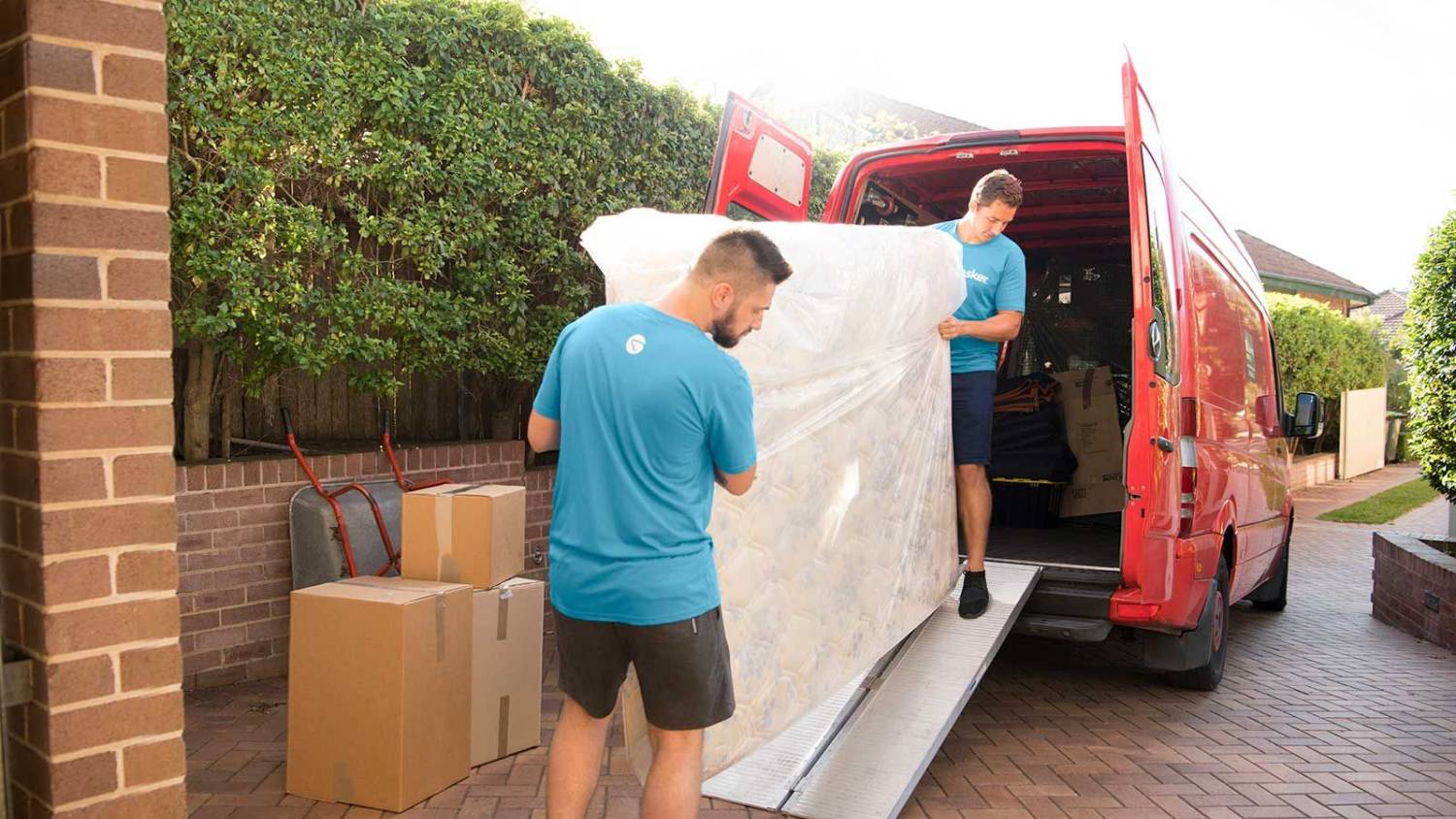
How much does it cost to move house?
Read more
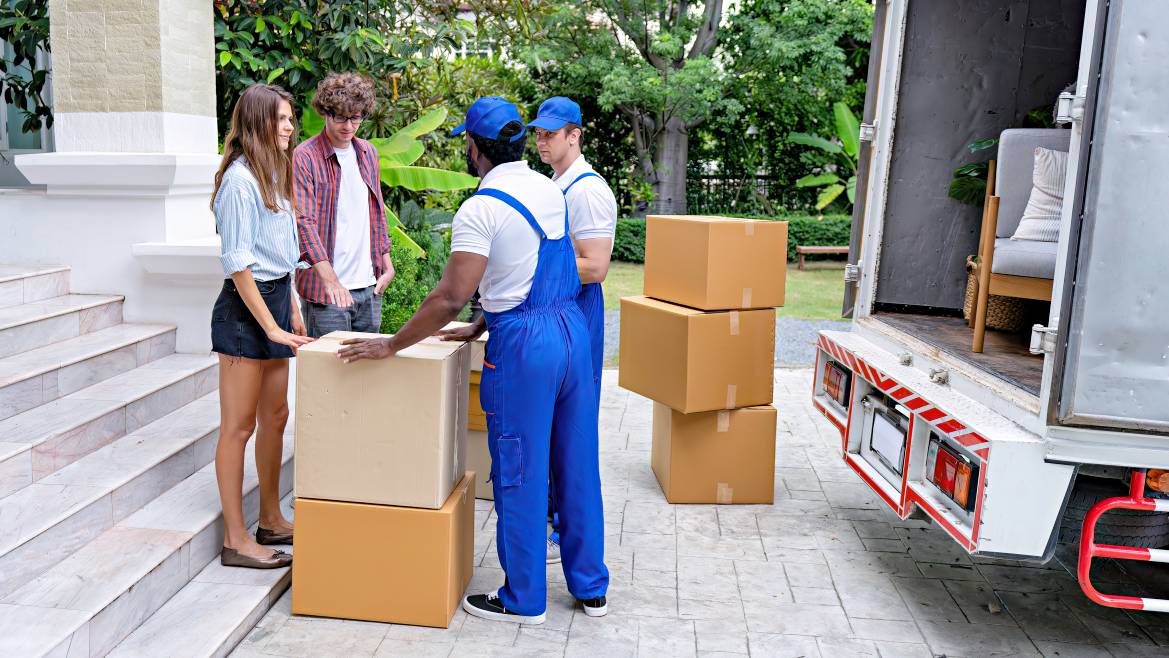
How much do removals cost?
Read more
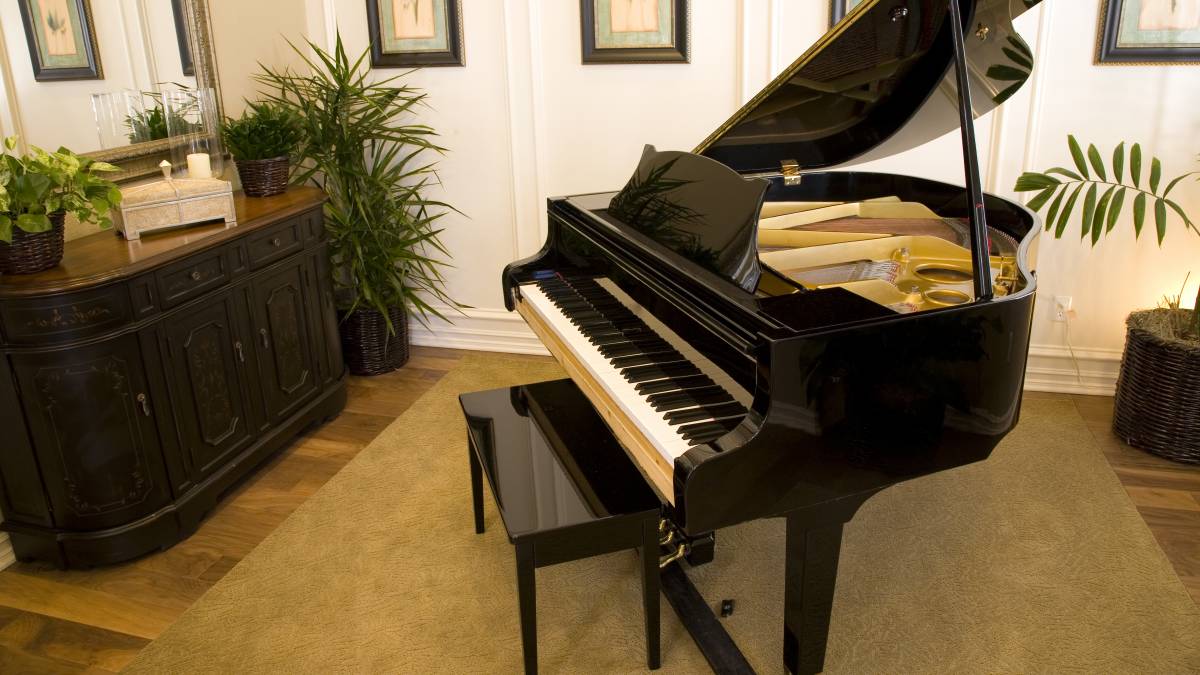
How much does piano moving cost?
Read more
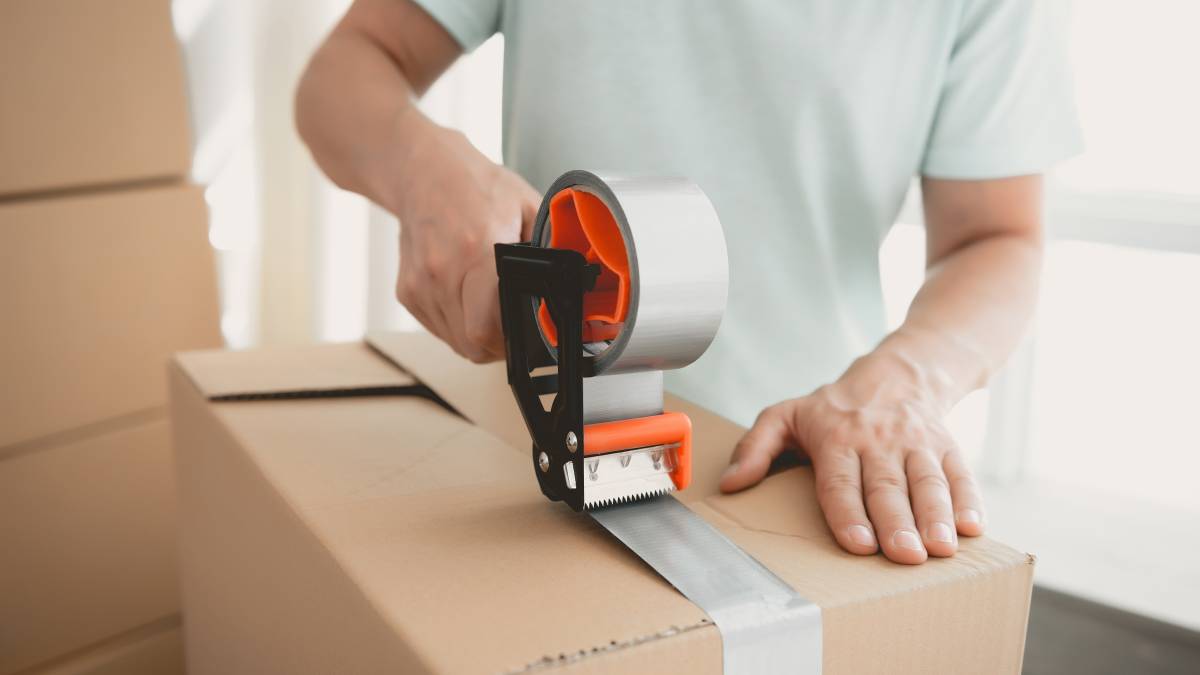
How much do packers cost?
Read more
Related articles
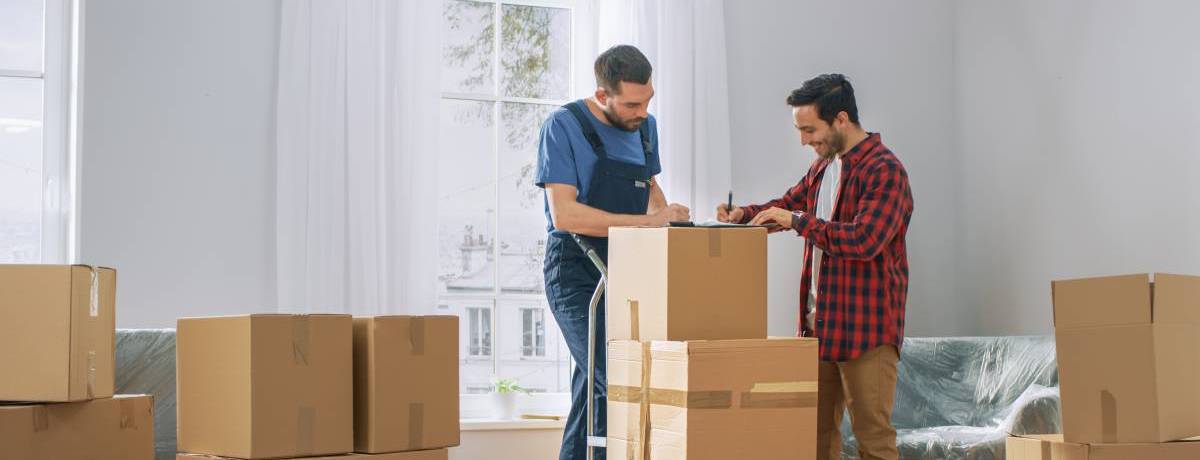
A guide to becoming a removalist
Read more

Tips for moving house with kids
Read more
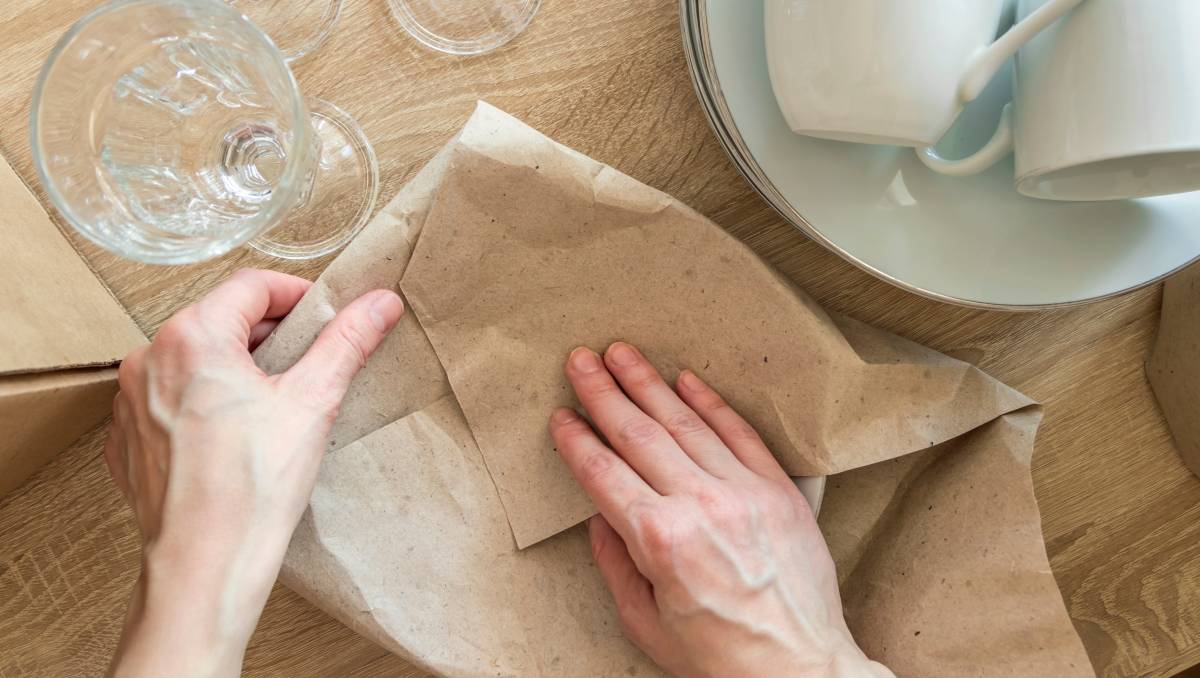
How to pack kitchen items for moving
Read more
Let's do this!
It's free and takes only a minute.
